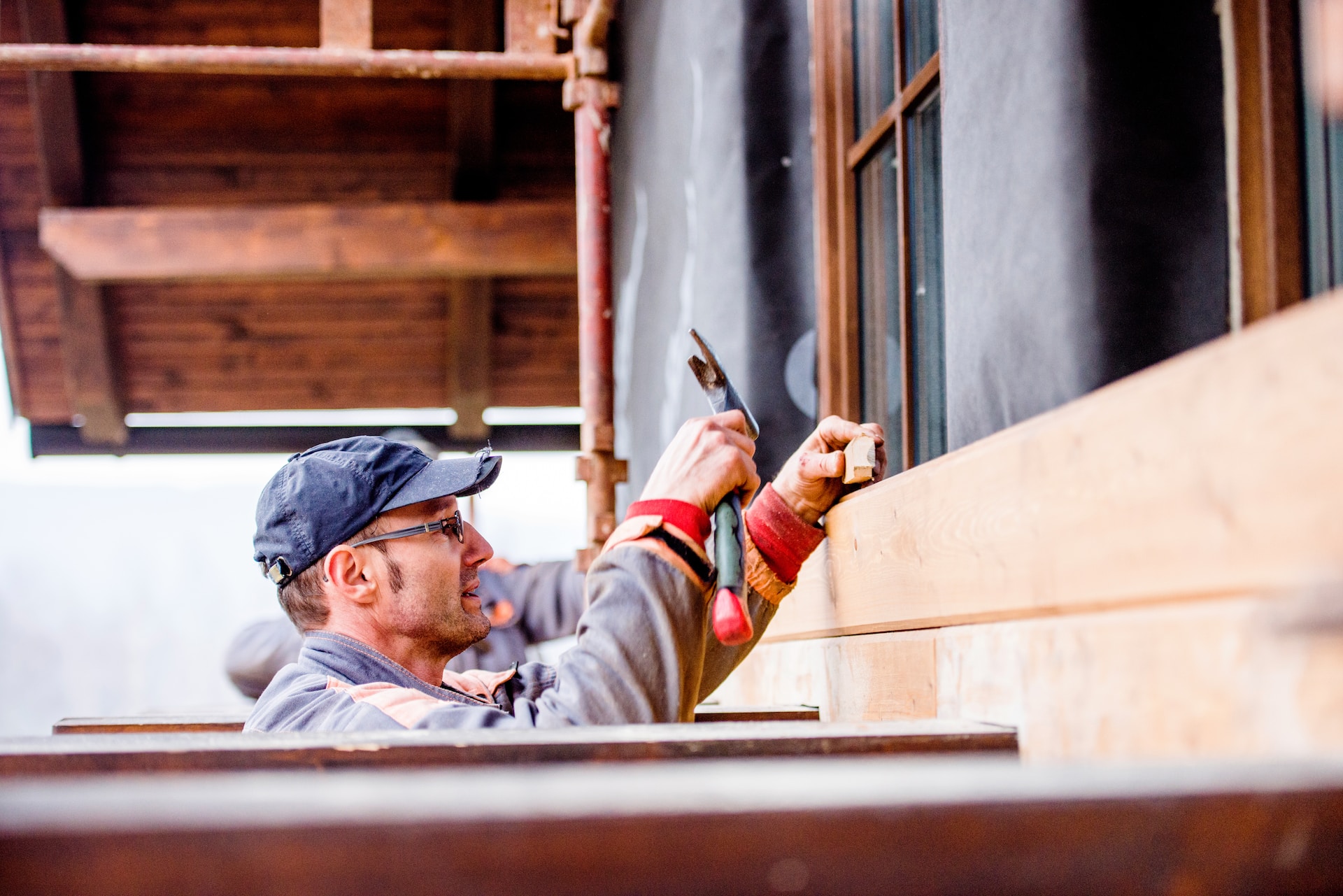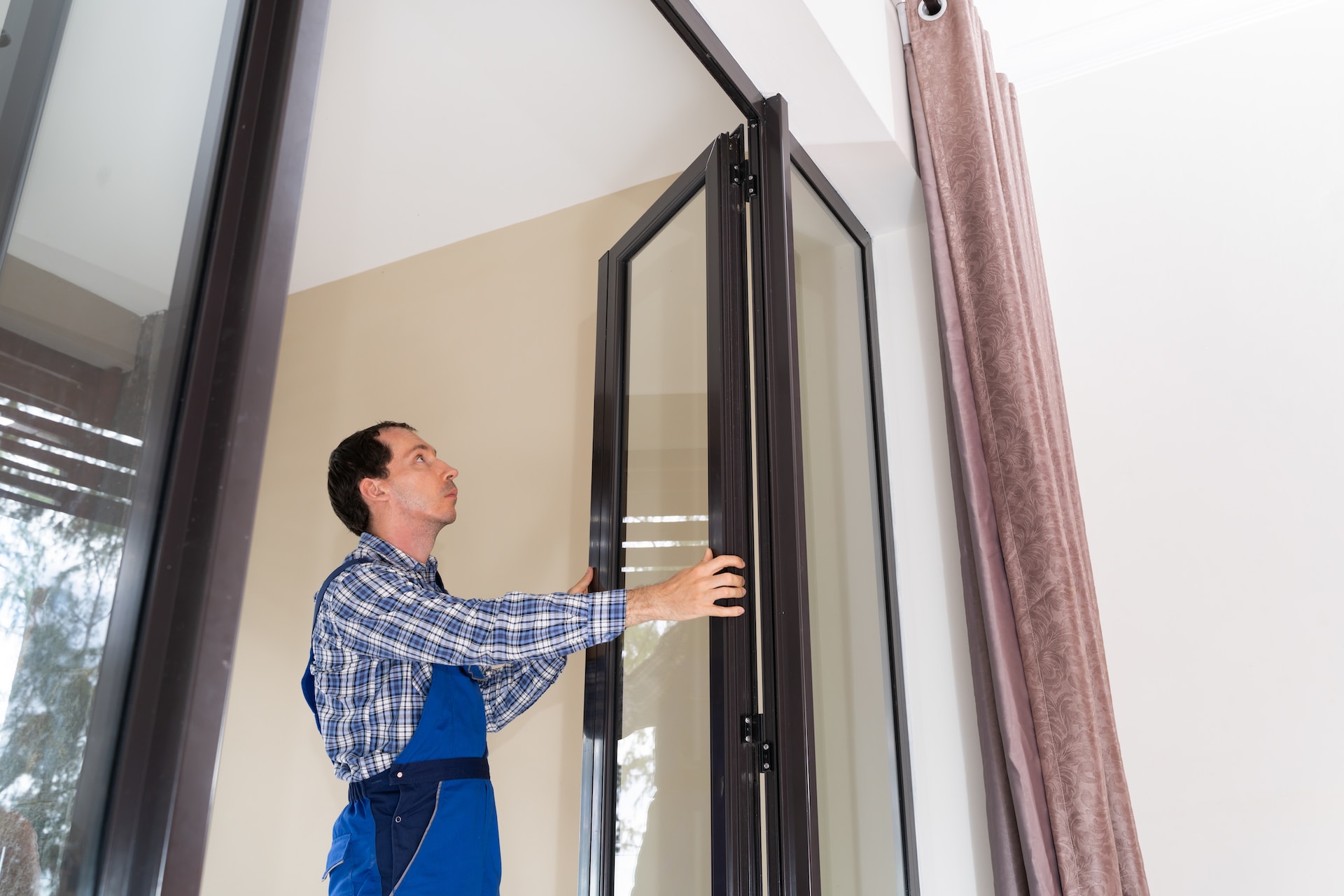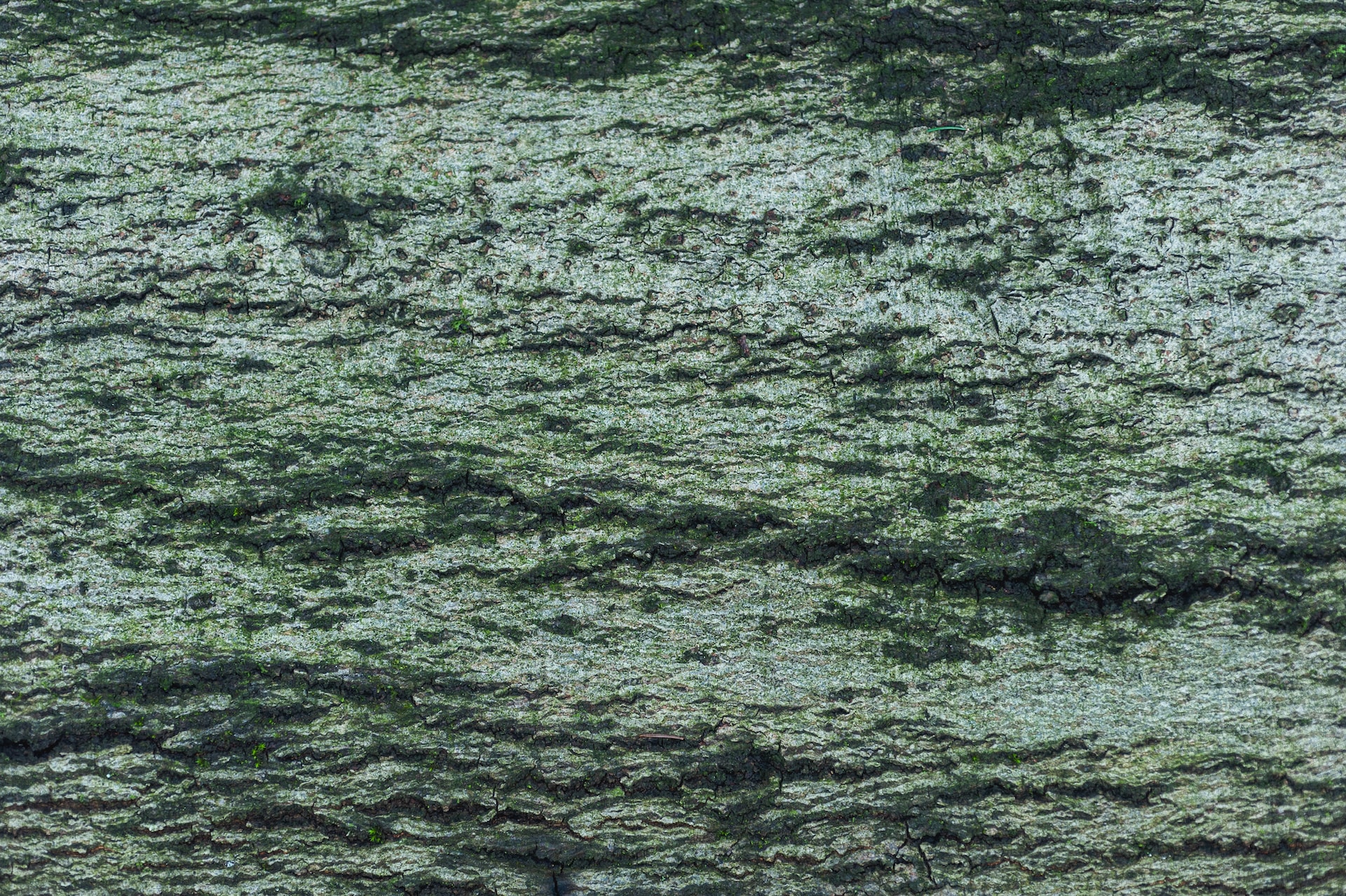Winter weather is coming. Is the house ready? Beyond pulling out the cute sweaters, winter coats, and holiday décor, it’s time to start winterizing the house to get it ready for the cold weather and snow. Winterizing helps to keep the home warm and comfortable no matter how cold it gets outside and protects the home from potentially severe weather. When the home is winterized properly, it can help with improving the air quality and the longevity of the HVAC system.

Tips for Winterizing the Home
Winterizing the home includes a number of tasks to help make sure everything is ready in case there is severe weather. Some can be done by the homeowner, while others will require professional assistance. To winterize the home, start with the following.
Maintenance of the HVAC System
Maintenance of the HVAC system should be done twice a year, before summer and before winter. This helps to ensure the system will work as expected and prevent breakdowns. Done professionally, maintenance includes a complete inspection of the system and repair or replacements for any components that are starting to wear down. If anything needs to be repaired, homeowners will find out about it during the maintenance service, so they can have it fixed before the weather gets cold.
Use Draft Guards and Weatherstripping
Draft guards and weatherstripping should be placed as needed throughout the house. To test for gaps or drafts, light a candle and move it carefully around near doors and windows. If the flame bends, there’s a draft coming in. While it’s better to have drafts fixed, draft guards can help keep the weather out for now. This will prevent the HVAC system from having to work a lot harder to keep the home warm.
Have the Chimney and Roof Inspected
The chimney and roof should be inspected for any damage prior to the start of winter. Any damage to the chimney or roof can allow water in when snow lands on the roof and melts. It can also cause the damage to get worse over the winter months or lead to the growth of mold inside the home. After the inspection, have any repairs done to help prevent these issues and keep the home more comfortable during the winter.
Check and Clean the Gutters
Gutters provide a way for water to move away from the roof and foundation of the home. If they are full of debris or damaged, they aren’t going to work as expected. This can lead to snow and water buildup close to the roof or to water accumulating near the foundation of the home as the snow melts, both of which can cause severe damage over time. Clean out the gutters and inspect them to make sure they are in good shape before they’re needed.
Check and Add to Attic Insulation
Insulation helps keep the warm air inside the home instead of allowing it to dissipate through the roof. Proper insulation can also help prevent ice dams on the roof, which can lead to severe damage. Inspect the attic to determine how much insulation is in place now. If it’s not sufficient for the area or up to code, now’s the time to have it replaced with a newer material or add to it to make sure there is enough.
Is All Winterization Related to the HVAC System?
Yes and no. While winterization doesn’t mean just working on the HVAC system, everything that’s done can impact the HVAC system in small or large ways. Drafts in the home can allow cold air in, meaning the HVAC system has to work harder to keep the home warm during the winter. This adds to the wear and tear on the HVAC system, so it may not last as long. Roofing damage that isn’t fixed can let the warm air dissipate, causing the HVAC system to work harder or can lead to the growth of mold inside the home as water leaks inside, which can impact the air quality in the home.
Why is Winterizing Your Home and HVAC System a Good Idea?
Winterizing the home and HVAC system can provide plenty of benefits for homeowners, making it well worth the effort. When the home is winterized, and the HVAC system is in good condition, homeowners can save up to 25% of their typical energy use. This means much lower bills throughout the winter, saving homeowners money.
Winterizing also helps protect the home against the snow, ice, and other issues common in the winter months, keeping everyone inside the home safe. Plus, winterizing does help keep the home in better shape, so it’s possible to keep critters out. When the weather gets cold, pests will often look for somewhere warm to nest, but winterizing can fix any entryways to the home, helping to keep them out.
How Winterizing the Home Can Impact Air Quality
During the winter, the air quality can suffer because of pests getting into the house, contaminants coming in through drafts, mold growing because of roof damage, and more. Winterizing can help prevent all of these issues, allowing homeowners to breathe easily inside their homes throughout the coldest months of the year. Winterizing also helps with the ability to better control the temperature and humidity levels in the home, making it easier to keep everyone healthy no matter how cold it gets outside.
Impact on Winterizing and Air Quality for Health
When there are drafts, contaminants in the ducts, and other issues in the home, the air quality can suffer. That can lead to health concerns for anyone living in the home. Poor air quality is known to contribute to an increase in the chance of catching a cold, as well as respiratory issues like asthma or allergies. When the home is winterized properly, contaminants are kept out, helping keep everyone healthier through the winter. It’s possible to control the humidity in the home better, keep the home at a comfortable temperature, and make sure the air is clean, so everyone can breathe.
How Winterizing the Home Can Impact the Longevity of the HVAC System
Winterizing the home means the HVAC system doesn’t have to work as hard to keep the home comfortable. There won’t be a worry about cold spots in the home due to drafts or the HVAC system breaking down on the coldest days of the year. Maintenance and upkeep for the HVAC system, as well as reducing the workload, can help it last a lot longer. When components are in good shape and stay that way through reduced work and maintenance, the HVAC system can continue to work as expected to heat the home.
With the colder weather coming, now’s the perfect time to think about winterizing the home. Winter weather can cause a variety of issues inside homes, but by knowing what to look for and fix, it’s possible to prevent many issues, keep the indoor air quality high, and keep the HVAC system working throughout the season. If you’re ready to winterize your home or would like to improve the air quality indoors for the upcoming winter, schedule an appointment with Clean Air Carolinas now by calling 704-628-6887 or visiting cleanaircarolinas.com.




